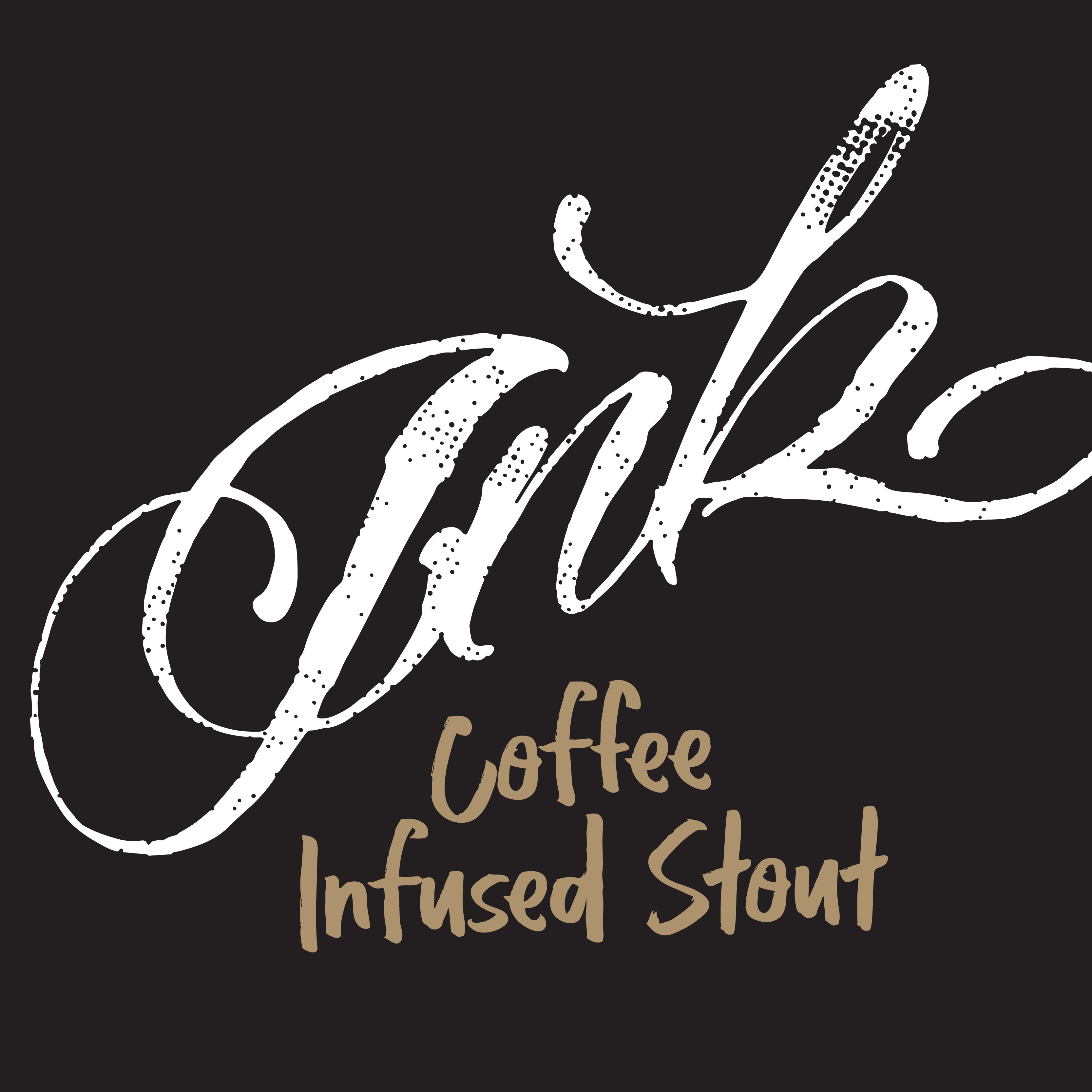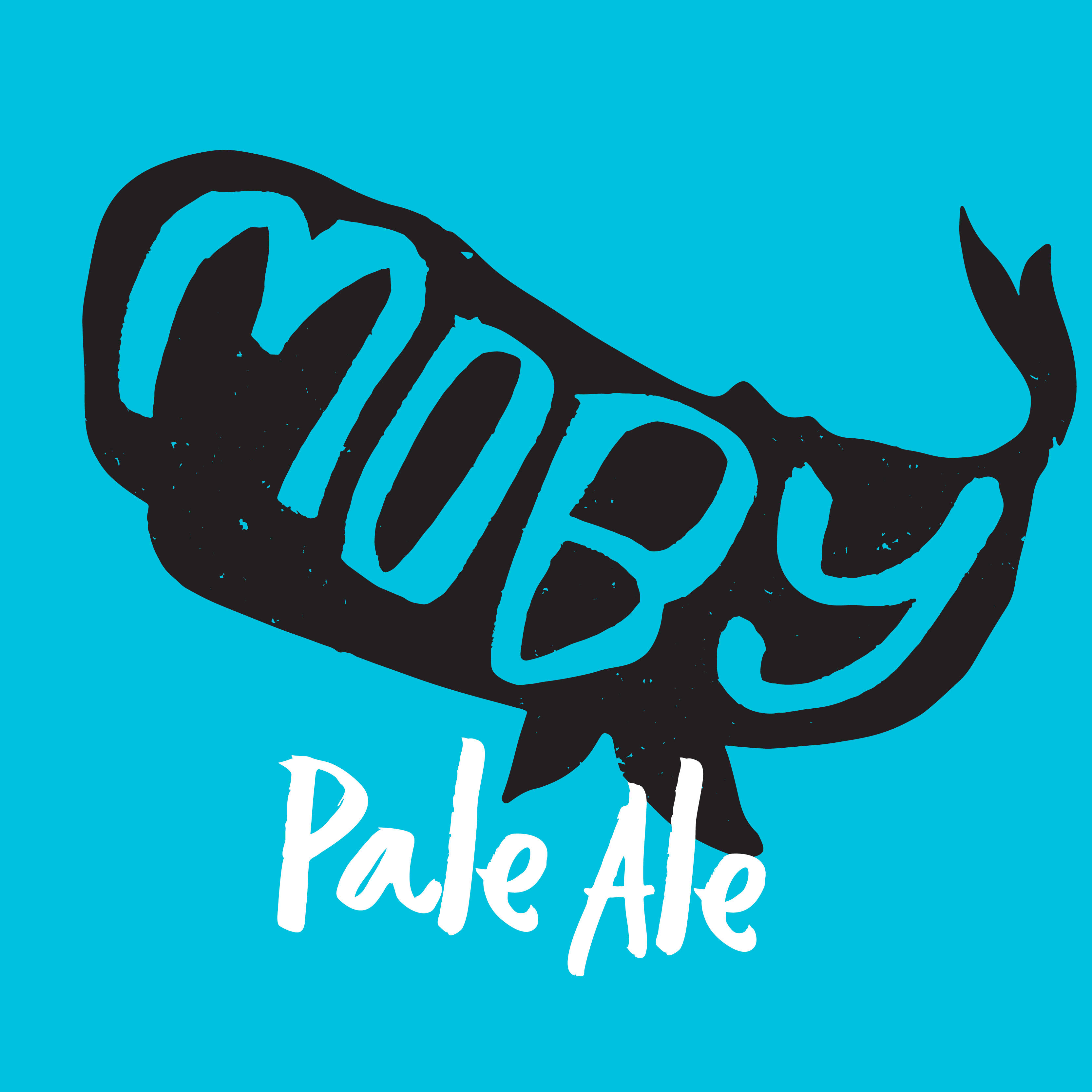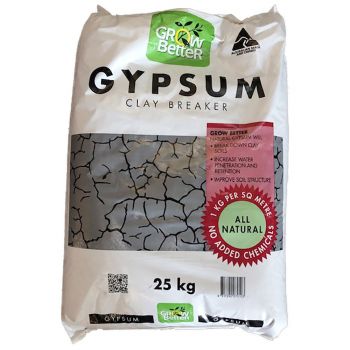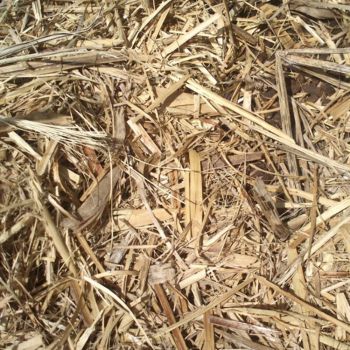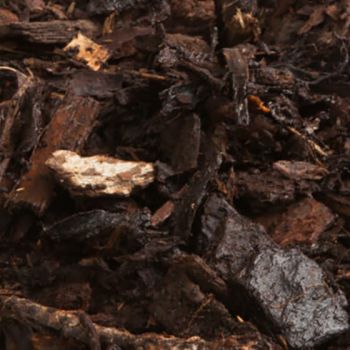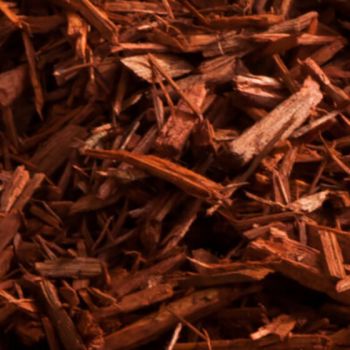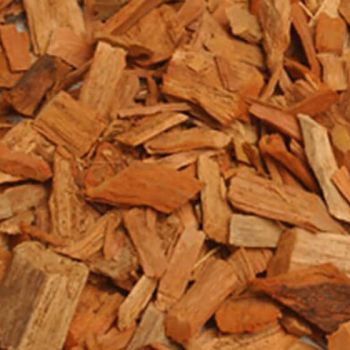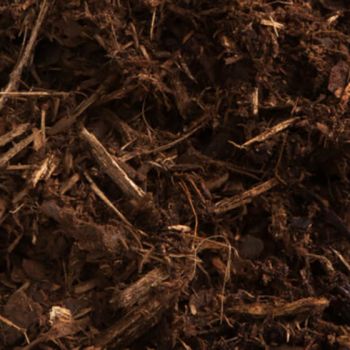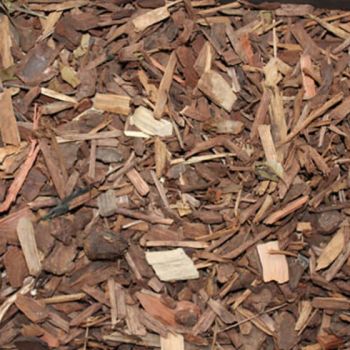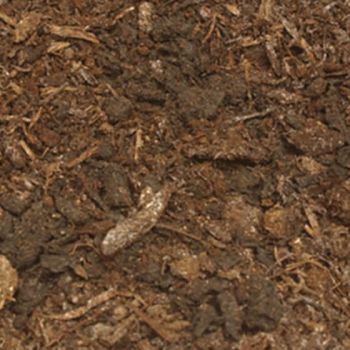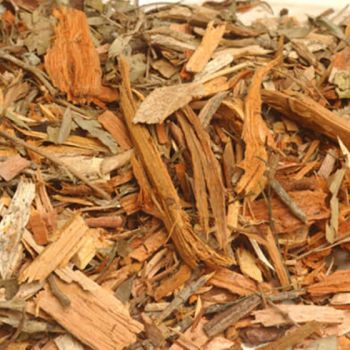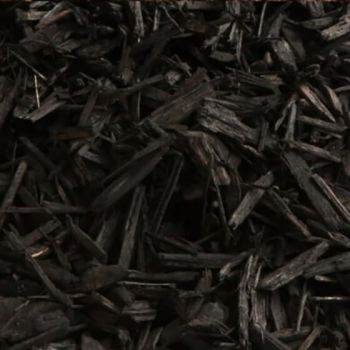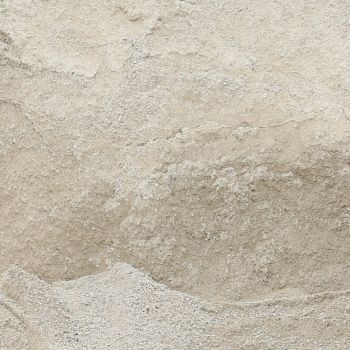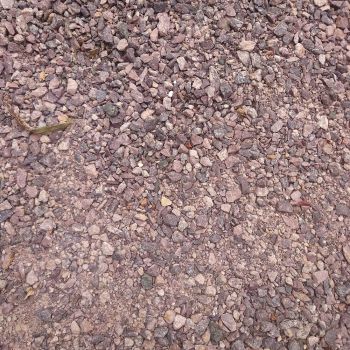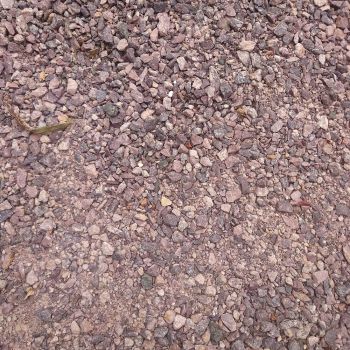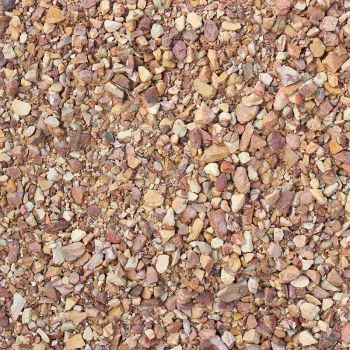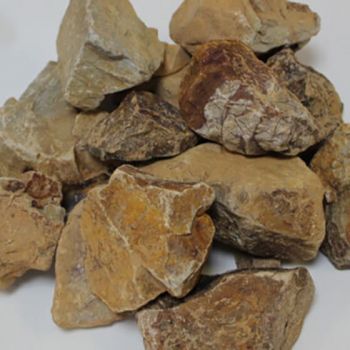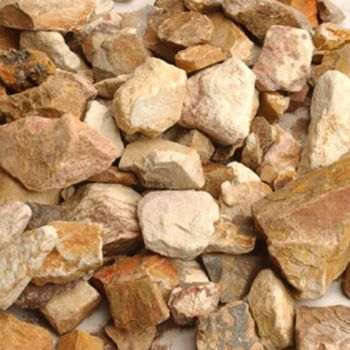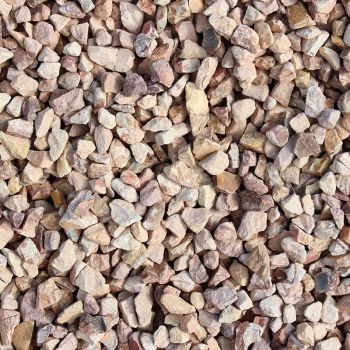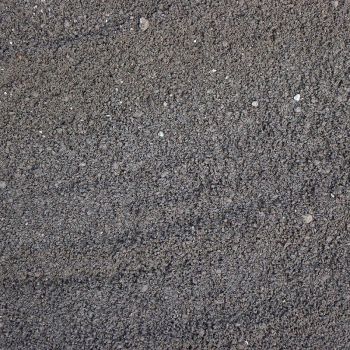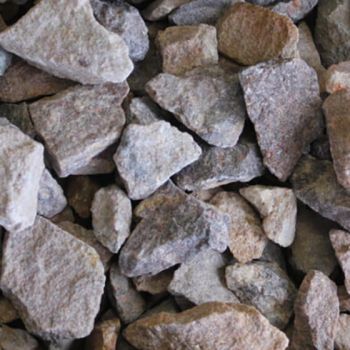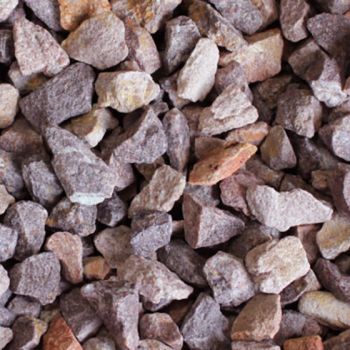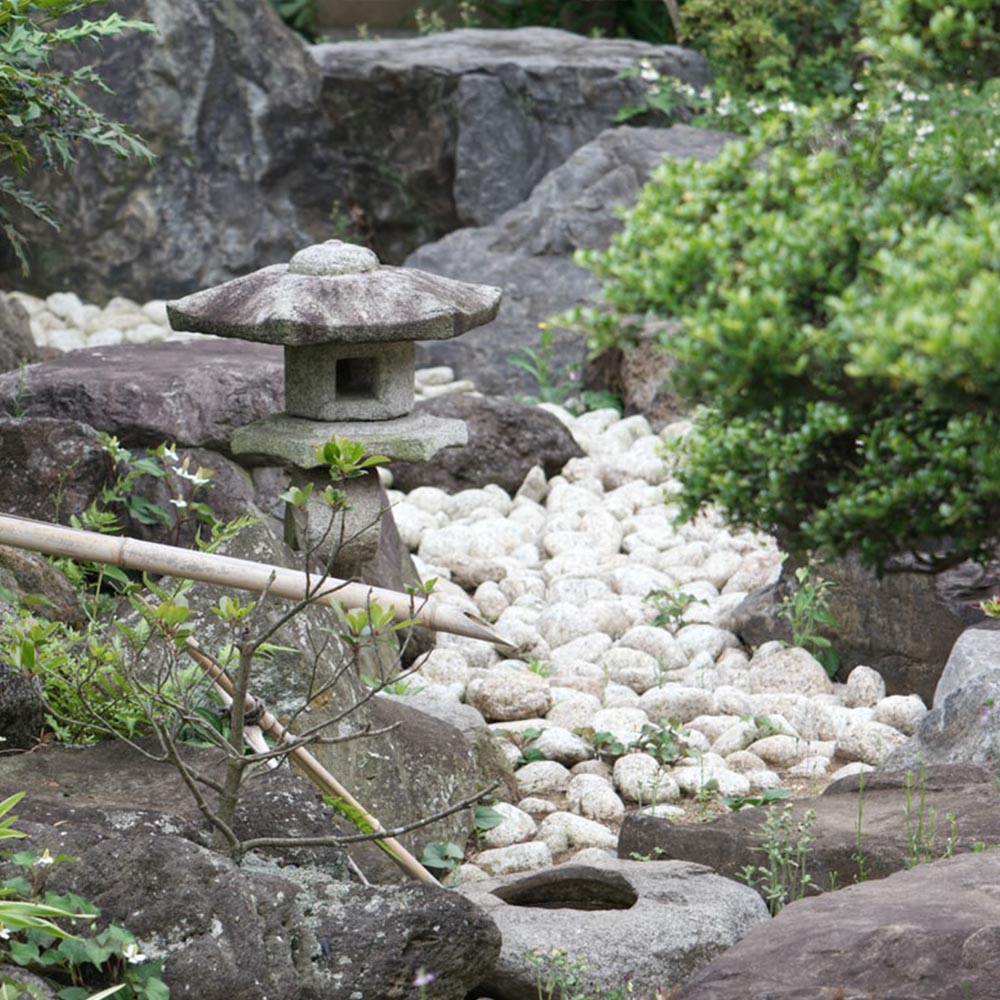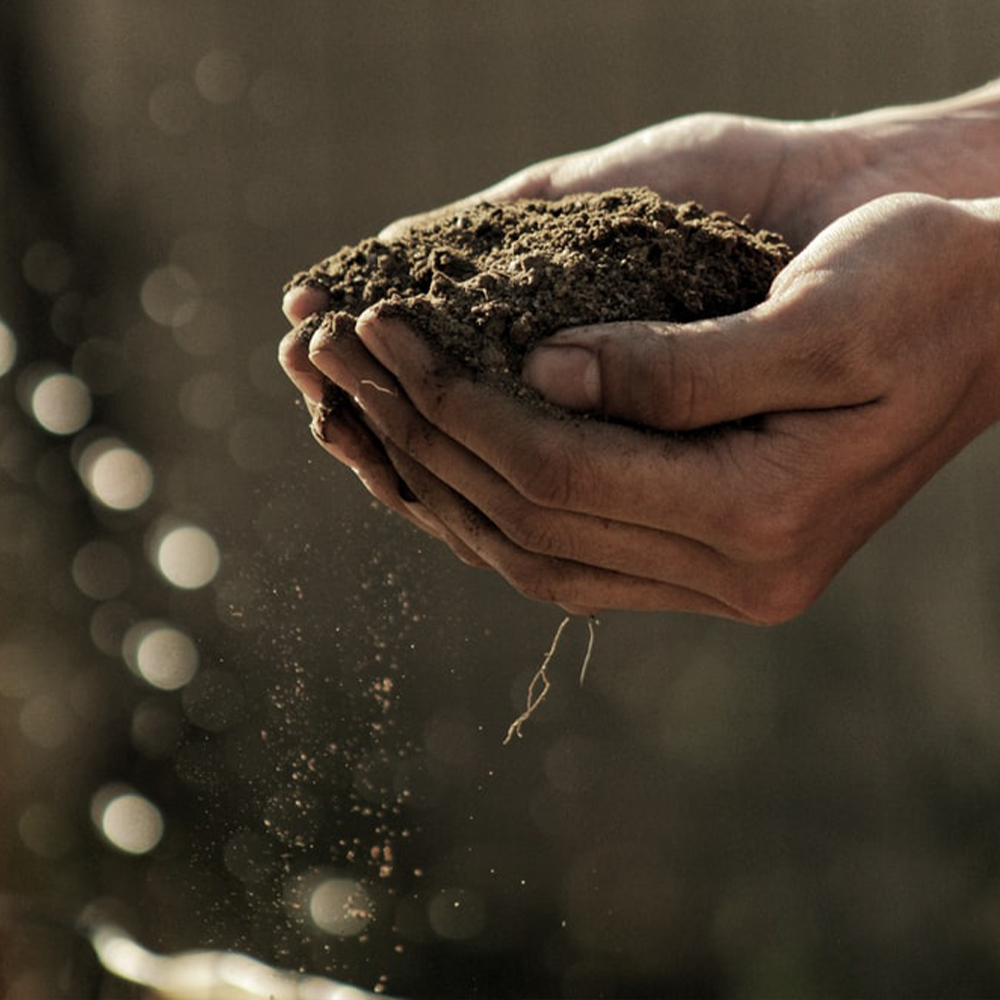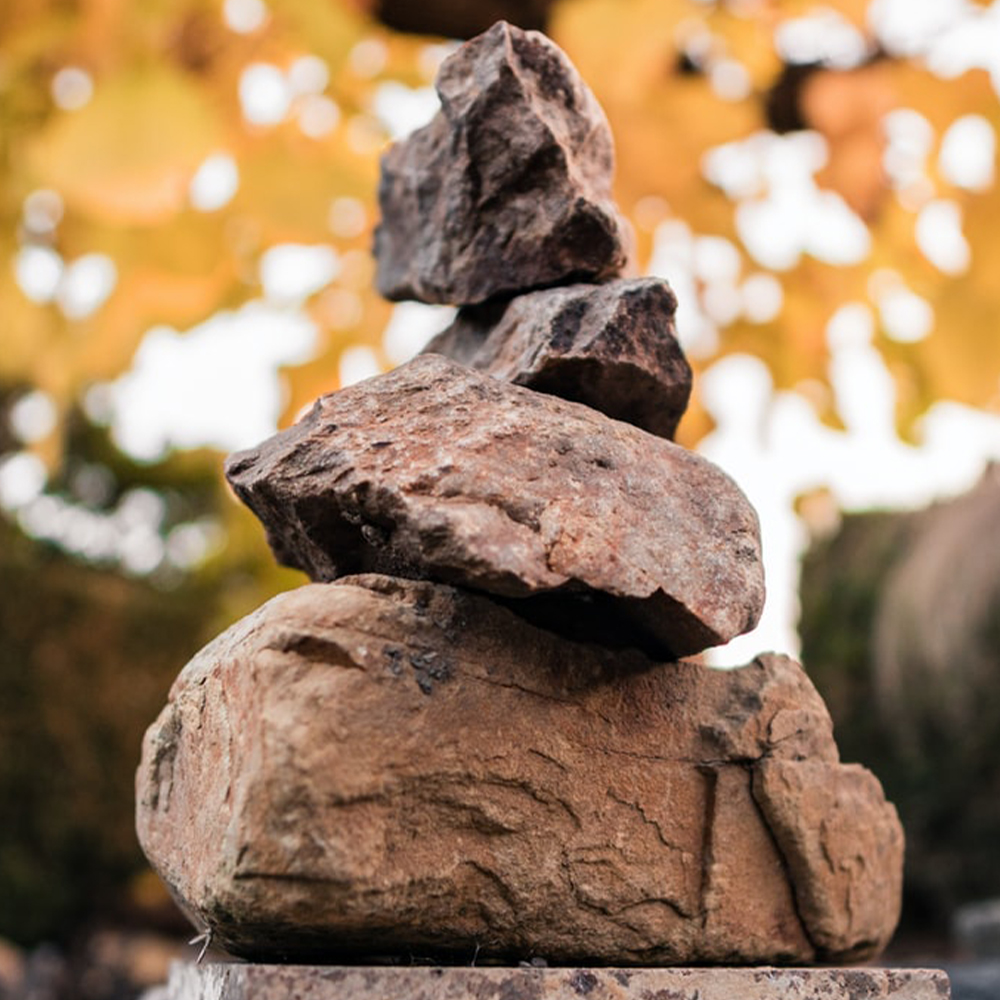GARDEN MULCH FOR BEGINNERS
Garden mulch is like a health tonic for your garden, whether it’s a backyard veggie patch or a formal flower bed. We recommend gardeners apply quality garden mulch to help retain water, moderate the impact of both hot and cold temperatures, reduce weeds and fight pests. This all means, you spend less time on gardening chores and more time on garden enjoyment.
Organic mulches, such as wood chip mulch, pine bark mulch, sawdust,chopped leaves, straw, grass clippings, compost, and black mulch, will also improve the soil as the formerly living matter starts to break down.
Inorganic mulches, such as gravel,garden pebbles,black plastic, and geotextiles (landscape fabrics), serve a different purpose. Plastic and geotextiles help protect the soil from the cold, like a lovely cosy blanket. Gravels and stones protect the soil from clomping feet and traffic along your driveways and paths, they can also be very effective for defining areas in the garden and creating effects.
You can always combine organic and inorganic mulch by applying the organic mulch first and layering the inorganic material over the top.
So which is best for you and your garden?
Organic Mulch
Bark chips or pine bark mulch will add textural interest to your garden as well as provide health benefits to the soil. Bark decays slowly and because of its weight, it stays where you put it! It will use up some of the nitrogen in the soil as it breaks down which will start to turn plants a bit yellow. You can return nitrogen to the soil with compost or even your old coffee grounds (be careful thou, they can raise the acidity!)
Straw or grass clippings are cheap mulches that decompose quickly. These are great mulches for the veggie patch but are not the prettiest material for the front garden and flower beds. Also, being lightweight they can blow about a bit. Just be careful any grass clippings you use have not already gone to seed, otherwise, you’ll get unwanted lawn growing amongst the tomatoes!
Compost is free! If you or a friend has a compost bin or worm farm. You can also purchase compost if you can’t find a free supply. Compost is a great way to add nutrients to the soil but can make a great home for weeds, so consider combining with another mulch product. It can also bring some surprises from previous dinners, especially potatoes!
Manure is usually pretty cheap to come by (even free) and a great source of nitrogen, potassium, and phosphorus. Be sure to use well-composted manure as fresh manure can burn your plants and often carries grass and other unwanted seeds.
When you apply your organic mulch, layout 5-10cm over the soil. Be careful not to put it too close to the crown of the plant to avoid rot.
Inorganic Mulch
Inorganic mulches don’t provide any nutrients for your garden but they still help with keeping weeds and pests at bay, regulating temperatures, and retaining moisture in the soil. Plus, they look great!
Garden pebbles come in a variety of colours, black pebbles and white pebbles are perhaps the most popular. Their smooth surfaces and colouring create a wonderful aesthetic. They’re also really easy to keep clean, just hose them down as necessary. The only drawback is the larger spaces between pebbles can allow weeds to grow. But for a few minutes weeding now and then, garden pebbles are worth the effect.
Crushed rock and gravel are ideal for paths and driveways. Weeds can sneak through occasionally but are easily combated. These products hold their shape well and are easy to clean.
Geotextiles and black plastic are great for keeping your plants warm and moist. These fabrics not only insulate against the cold, they can also reflect heat back into the soil overnight. You either need to install an irrigation system under the material, or cut holes for watering. The big downside is aesthetics. If this is a concern, consider covering over with another landscaping product.
For personal advice about the best garden mulch for your garden, talk to one of our friendly professionals in the landscape department.
Drop by, or call (03) 5250 2065.
We even deliver mulch, rocks, sand, and other bulk items throughout the Geelong district, including Ocean Grove, Drysdale, Leopold – pretty much anywhere on the Bellarine!




